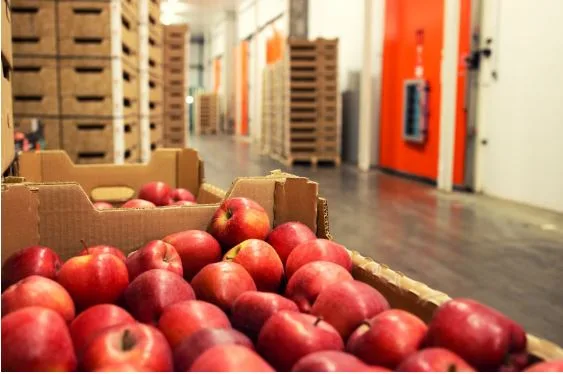CFIA Regulations for Importing Food Products into Canada
Importing food into Canada is not as simple as shipping a product across the border. The Canadian Food Inspection Agency (CFIA) plays a crucial role in ensuring all food products entering the country meet strict safety, quality, and labeling standards. Whether you are a small specialty food importer or a large-scale distributor, understanding CFIA regulations is essential for avoiding costly delays, rejections, and penalties.
In this guide, we break down the key CFIA requirements and how importers can stay compliant.
1. Understanding the Role of CFIA
The CFIA is the federal authority responsible for enforcing food safety regulations under the Safe Food for Canadians Act (SFCA) and the Safe Food for Canadians Regulations (SFCR). Its mandate includes:
- Preventing unsafe food from entering the Canadian market.
- Ensuring accurate food labeling.
- Protecting consumers from food-borne risks.
- Supporting fair trade and industry competitiveness.
2. Safe Food for Canadians Regulations (SFCR)
The SFCR, introduced in 2019, consolidated various older regulations into a single framework. Under SFCR, food importers must:
- Hold a Safe Food for Canadians (SFC) license.
- Develop and maintain a Preventive Control Plan (PCP).
- Keep detailed traceability records.
- Meet labeling requirements for Canadian consumers.
3. SFC Licensing Requirements
Almost all food importers need an SFC license before bringing food into Canada. This includes:
- Meat and poultry products
- Dairy items
- Fresh and processed fruits and vegetables
- Fish and seafood
- Honey and maple products
- Grain and cereals
How to Apply:
Licenses are obtained through the CFIA’s online My CFIA portal. It’s important to apply well in advance, as shipments without a valid SFC license will be refused entry.
4. Preventive Control Plans (PCPs)
A PCP is a written plan outlining how you identify and control food safety risks. It covers:
- Hazard analysis (biological, chemical, and physical risks)
- Sanitation and hygiene practices
- Supplier verification procedures
- Corrective actions for non-compliance
Importers must maintain and update their PCP regularly, as CFIA may request it during inspections.
5. Labeling and Packaging Requirements
Food labels in Canada must comply with CFIA and Health Canada standards. Key requirements include:
- Bilingual labeling (English and French)
- Ingredient lists in descending order by weight
- Allergen declarations (e.g., peanuts, milk, wheat)
- Nutrition facts table
- Country of origin labeling for certain products
Failure to comply can result in your goods being relabeled, held at the border, or destroyed.
6. Import Documentation
CFIA requires importers to submit correct documentation, which may include:
- SFC license number
- Import declaration
- Certificates of analysis
- Export certificates from the country of origin
- Commercial invoices and bills of lading
Missing or incorrect paperwork is one of the top reasons food shipments get delayed at the border.
7. Inspection and Enforcement
CFIA conducts random and targeted inspections at the border and within Canada. These inspections may involve:
- Sampling and testing for contaminants
- Verifying labeling compliance
- Checking cold chain integrity for perishable items
Non-compliance can lead to:
- Shipment refusal
- Product seizure
- Monetary fines
- Revocation of your SFC license
8. How to Ensure Compliance
To avoid delays and penalties:
- Apply for your SFC license before importing.
- Work only with approved suppliers.
- Maintain accurate records for at least two years.
- Partner with a licensed customs broker who understands CFIA requirements.
9. How Clearit Canada Can Help
Navigating CFIA regulations can be complex, especially for new importers. At Clearit Canada, our online customs brokerage platform simplifies the process by:
- Managing your CFIA documentation
- Assisting with SFC licensing
- Ensuring labeling compliance
- Coordinating inspections
- Handling all customs clearance steps
Start your digital clearance today at Clearit.ca and make your food imports into Canada hassle-free.
Key Takeaway
The CFIA’s regulations exist to protect Canadian consumers and maintain high food safety standards. As an importer, compliance is non-negotiable. By securing the right licenses, maintaining detailed records, and working with experienced customs brokers, you can ensure your food products enter Canada smoothly and legally.





